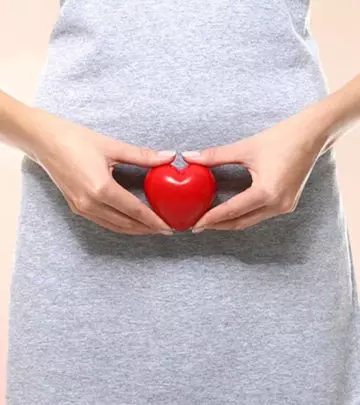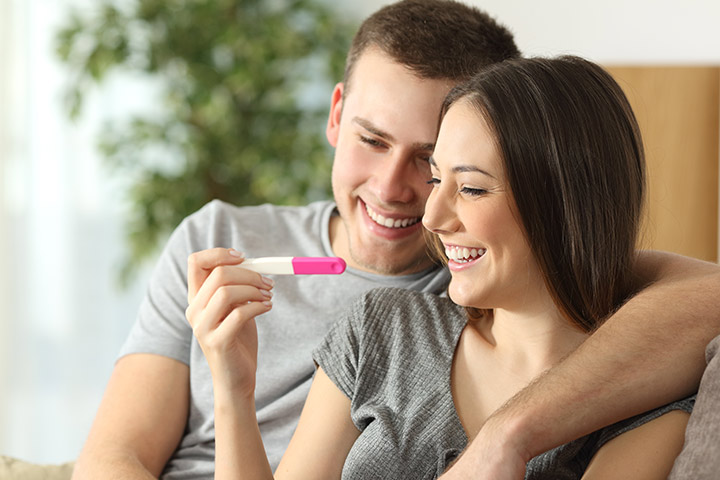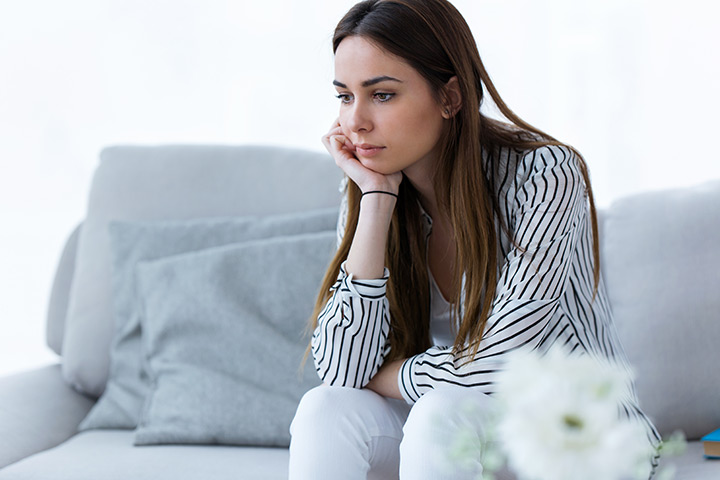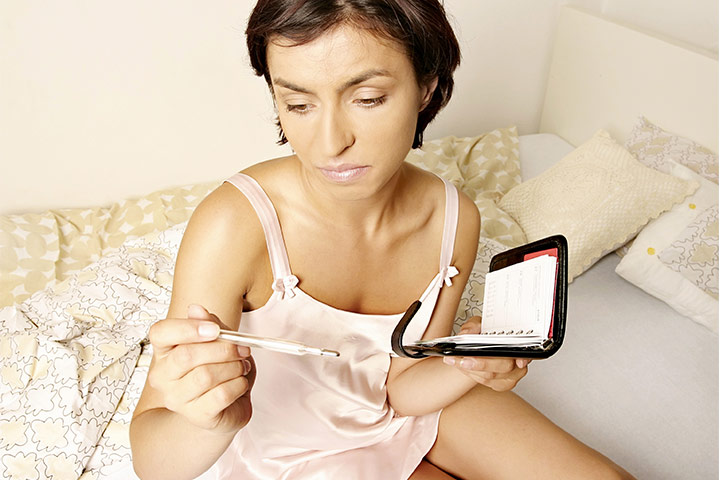
Image: Shutterstock
Once you make the decision to become pregnant, a million questions can come to your head. And, more often than not, these questions revolve around the “ovulation” process. This process involves the release of mature eggs from the ovary. And, these six days are extremely crucial since the mature eggs can get fertilized within 12-24 hours post its release (1). It comes as no surprise then that this topic makes a woman curious once she decides to have a baby. Here, we will answer some of the most frequently asked questions among women trying to get pregnant:
1. How Do You Know If You Are Ovulating?
Figuring out the time of ovulation requires you to study your overall body as well as your monthly cycles. You will have to keep a tab on your menstrual cycle, observe the cervical fluid, and measure the basal body temperature. If you are ovulating, you will notice a few signs such as an increase in basal body temperature. Your cervical mucus will become thinner, clearer, and stretchy. Apart from that, there will be some bloating, cramping, and your breasts may become tender (2).
2. Does The Ovulation Happen In 14 Days After The Period Begins?
In a menstrual cycle that lasts 28 days, the ovulation might typically happen on the 14th day. However, this is not always true. If like most women, you don’t have the perfect 28-day cycle, then don’t go by the number ’14’. The best way to figure out when your ovulation will actually occur is to keep a track of the midpoint of your menstrual cycle. And once you have got the midpoint figured out, it is four days after or before it, which is generally considered to be the ovulation window. You can keep a track of the midpoint and length of your cycle with the help of a menstrual calendar (3).
3. How Many Days Are You Actually Fertile During The Ovulation Window?
It is essential to know when you are the most fertile if you are trying to get pregnant. Most women who have a monthly cycle of 28 days have around six days every month in which they are really fertile. This also includes the day when your ovaries release the mature eggs, also known as ovulation. And, the five days prior to this also indicates the time when you are fertile. Lovemaking within that window plays a key role if you are trying to have a baby (4).
4. Can You Get Pregnant During The Menstruation?
While many have believed for ages that women can’t get pregnant during that time of the month, it is a myth. Menstruation doesn’t really prevent a pregnancy. Of course, you may not conceive when you are on your periods. But, pregnancy can happen even from the lovemaking that you may have indulged in during that time. Are you wondering how? The thing is that there is a possibility of you ovulating only a few days after your periods stop. And, since the sperm can remain for up to three days in your body, there are chances that you may conceive from the intercourse that happened during menstruation (5).
5. What Are The Signs That Indicate Ovulation?
Here are some of the signs that indicate ovulation (6):
- The basal body temperature increases as per the thermometer, around one and a half to one degree
- When you check on the home ovulation kit, you can see an increased luteinizing hormone (LH) levels
- The cervical discharge will appear to be thinner, clearer, and stretchy
- The breasts will become tender
- You will observe some bloating
- You might feel a slight cramp in your side
We, at MomJunction, hope that we were able to satisfy your curiosity to some extent. All the best!

















